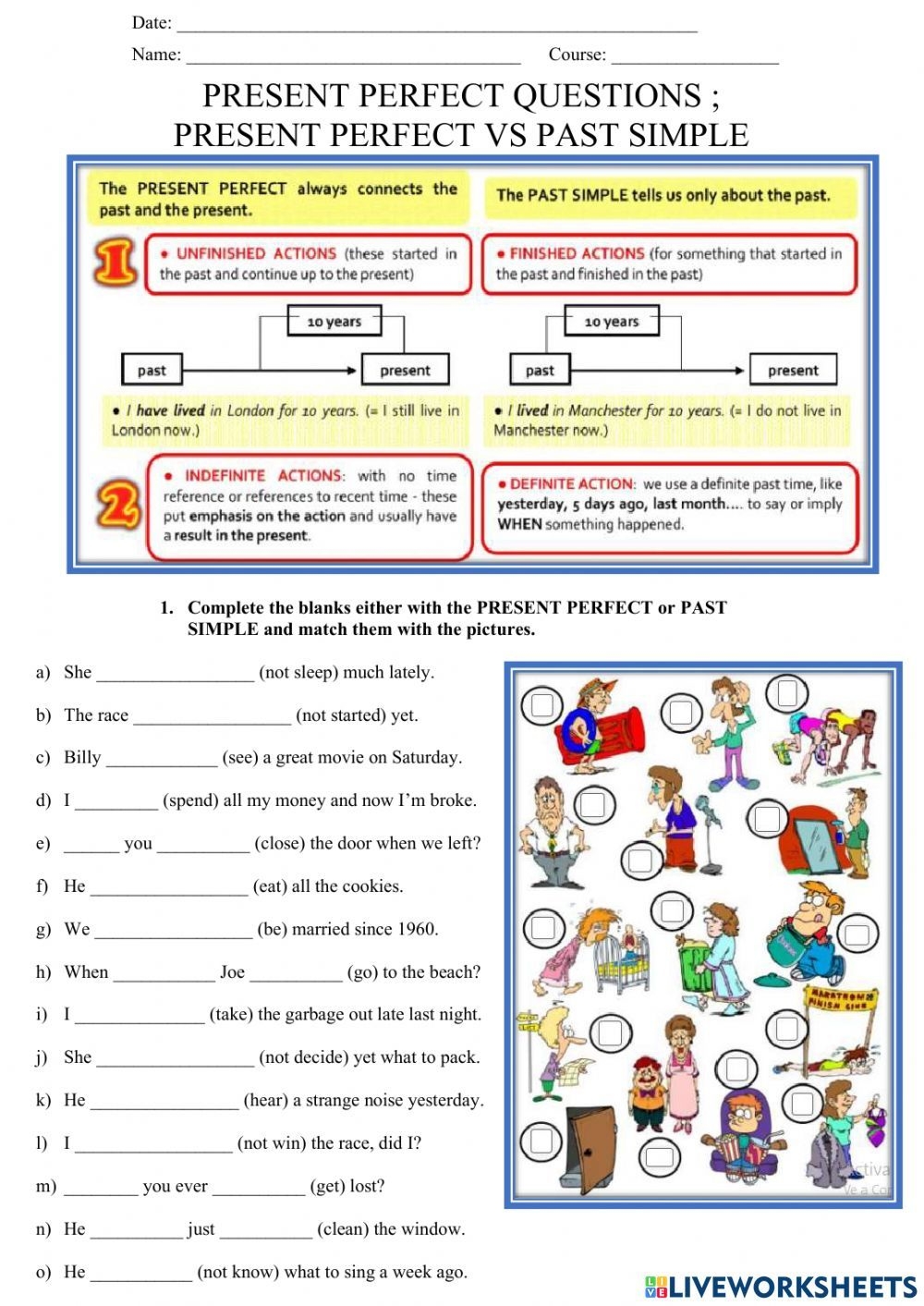The present perfect tense is a verb tense used to express actions that have been completed in the past but have relevance to the present moment. It is formed by using the auxiliary verb “have” or “has” followed by the past participle of the main verb. This tense is commonly used in English to talk about experiences, changes, or actions that have occurred at an unspecified time before now.
Understanding the present perfect tense can be a bit challenging for English learners, as it is not always used in the same way as in other languages. However, once you grasp the concept and practice using it, you will be able to communicate more effectively and accurately in English.
The present perfect tense is often used to talk about experiences or actions that have happened in someone’s life. For example, “I have traveled to many countries” or “She has studied English for five years.” In these sentences, the actions have been completed in the past, but their impact is still felt in the present.
Another common use of the present perfect tense is to talk about changes or developments that have occurred over time. For instance, “The city has grown rapidly in the last decade” or “He has become a successful businessman.” These examples show how the present perfect tense can convey the idea of progress or transformation.
In addition to experiences and changes, the present perfect tense can also be used to talk about actions that have just been completed or are still relevant at the moment of speaking. For example, “I have just finished my homework” or “They have already left for the airport.” By using this tense, speakers can emphasize the connection between the past and the present.
In conclusion, the present perfect tense is a versatile tool in English grammar that allows speakers to convey a wide range of meanings and nuances. By mastering this tense, you can express past actions and their implications in the present with precision and clarity. Practice using the present perfect tense in your conversations and writing to improve your language skills and fluency.
